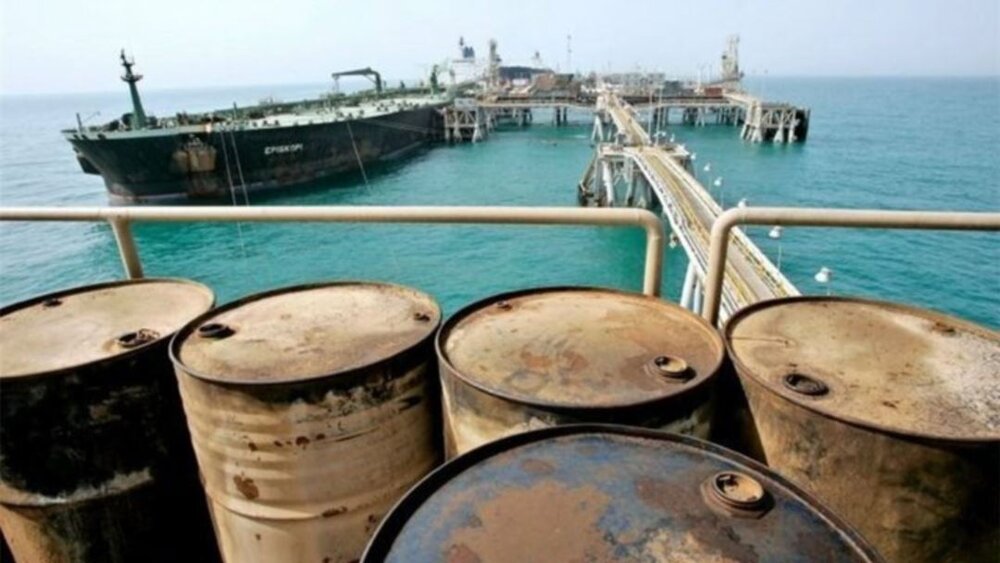Fuel Smuggling in the borders of Iran(part 2)

Fuel smuggling
Smuggling is a phenomenon that destroys infrastructure and the long-term economic goals of the government, and in the meantime, the main losses will be borne by the people and society.
What did we mention in the first part of this article?
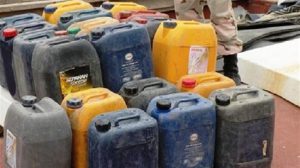
For several years, the problem of fuel smuggling across Iran’s borders has been hurting the country’s economy as an unsolvable problem, and no solution has yet been found to this problem. But the important question is, according to estimates, how much damage will the country’s economy suffer?
What is the concept of Smuggling?
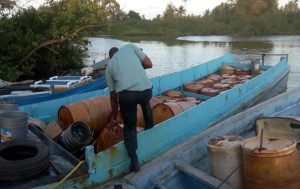
Smuggling is a phenomenon that destroys infrastructure, and the long-term economic goals of the government. In the meantime, the main losses will be borne by the people and society.
The phenomenon of smuggling-especially fuel smuggling is a deterrent with a complex and multidimensional form that its roots are in both national and international areas.
In a brief definition, smuggling can be considered as the entry and exit of any goods, services, and currency from official and unofficial bases- contrary to the law and regulations governing the payment of income and observance of prescribed procedures-
Developing countries:
Developing countries are suffering from many diseases in the course of their economic movements and crossing the mazes of economic roads. One of these diseases that has been affected our country’s economy is Underground smuggling, especially fuel smuggling.
Border Cities:
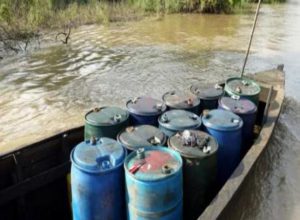
Border cities and provinces are the first hosts and influencers of fuel smuggling due to many economic problems and neighborhoods with countries that are not economically and politically stable. Sistan and Baluchestan are one of the strategic provinces in the southeast of our country, which is located on the Silk Road economic highway. Fuel smuggling is a province that is at a low level in terms of economic development and large-scale investments, and due to its proximity to countries such as Pakistan and Afghanistan, it has achieved an achievement such as the expansion of fuel smuggling.
Sistan and Baluchestan are located in southeastern Iran with an area of more than 187,502 square kilometers and borders Pakistan, Afghanistan, and international waters in the Oman Sea. In the eastern parts of the province, wide borders with Afghanistan and Pakistan. With its ethnic and tribal affiliations, it has created conditions for residents to easily communicate with their compatriots in these two countries.
The main factor of this phenomenon:
Shahram Moeini, a member of the Faculty of Economics at the University of Isfahan, continued: “The main factor that causes smuggling violations is its profitability.” The difference between the domestic and the international price, especially at the borders, motivates smuggling.
The damage of smuggling for the country’s economy:
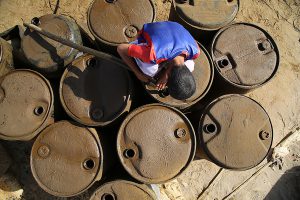
According to experts, energy subsidies and low fuel prices in Iran compared to other countries, in addition to a very heavy financial burden for the government and environmental damage due to high consumption, has also created a job called fuel smuggling in the country; With the increase in fuel smuggling, the Iranian government subsidizes some of the consumers of gasoline and diesel in neighboring countries. Based on researches, indirectly subsidizing fuel to other countries is equivalent to $24 billion in damage to the country’s economy.
What is the economical solution?
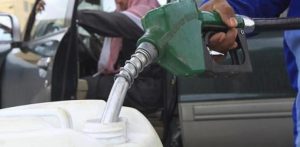
Regarding the measures to prevent fuel smuggling, Moeini said: “The subsidy that we want to allocate to the purchase of diesel, gasoline or bitumen must be paid to the individuals directly- to each national card or each household-.” For example, in the case of diesel, instead of keeping the price of diesel low and allowing consumers to consume any amount, the owners of heavy vehicles should be paid a cash subsidy if they use or do not use this fuel, and instead diesel at a free price or be sold internationally!
The essential question:
Is it practically possible to equate the price of fuel at home with the price abroad and then subsidize real fuel consumers?
While increasing fuel prices in order to reduce the price gap inside and outside the country, can lead to increased poverty, inequality and reduce the desirability and well-being of the people.
GDP, unemployment, inflation, interest rate, and exchange rate in Iran in the last 10 years
Women’s status in the Black Market of Iran during Covid-19
Be sure to read the following:

Women’s status in the Black Market of IRAN What has been happening for women in the Black Market of IRAN during COVID-19? (part2) Although in the previous article we examined...
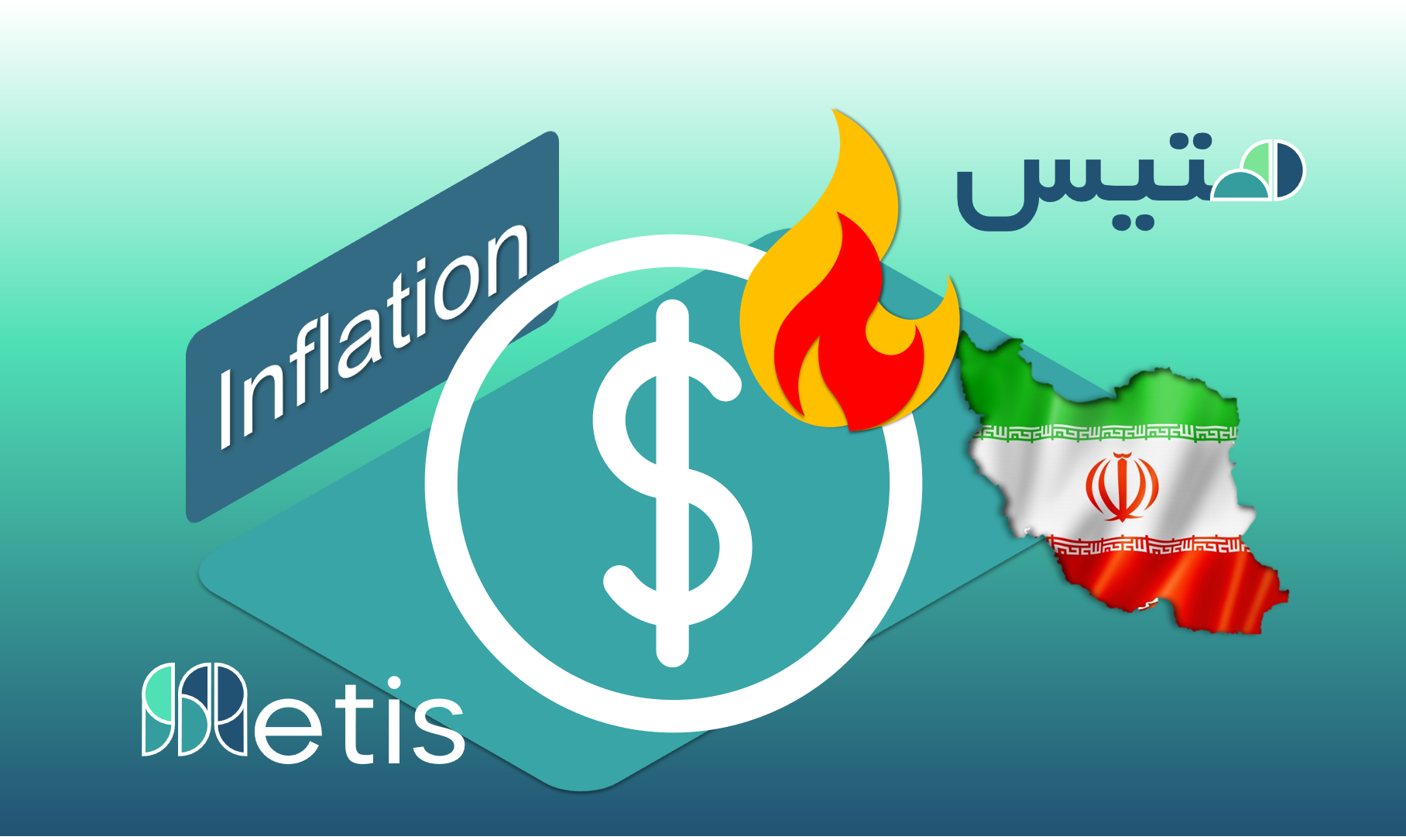
Iran's Inflation Forecast Results Iran’s Inflation in different sectors until March 2023: The inflation rate until the end of March 2023 according to the below table is forecasted at 37.6%[1]...

What has been happening for women in the Black Market of IRAN during COVID-19? What is the Black market, underground or shadow economy ? [caption id="attachment_1885" align="alignleft" width="300"] Iran's economy[/caption]...
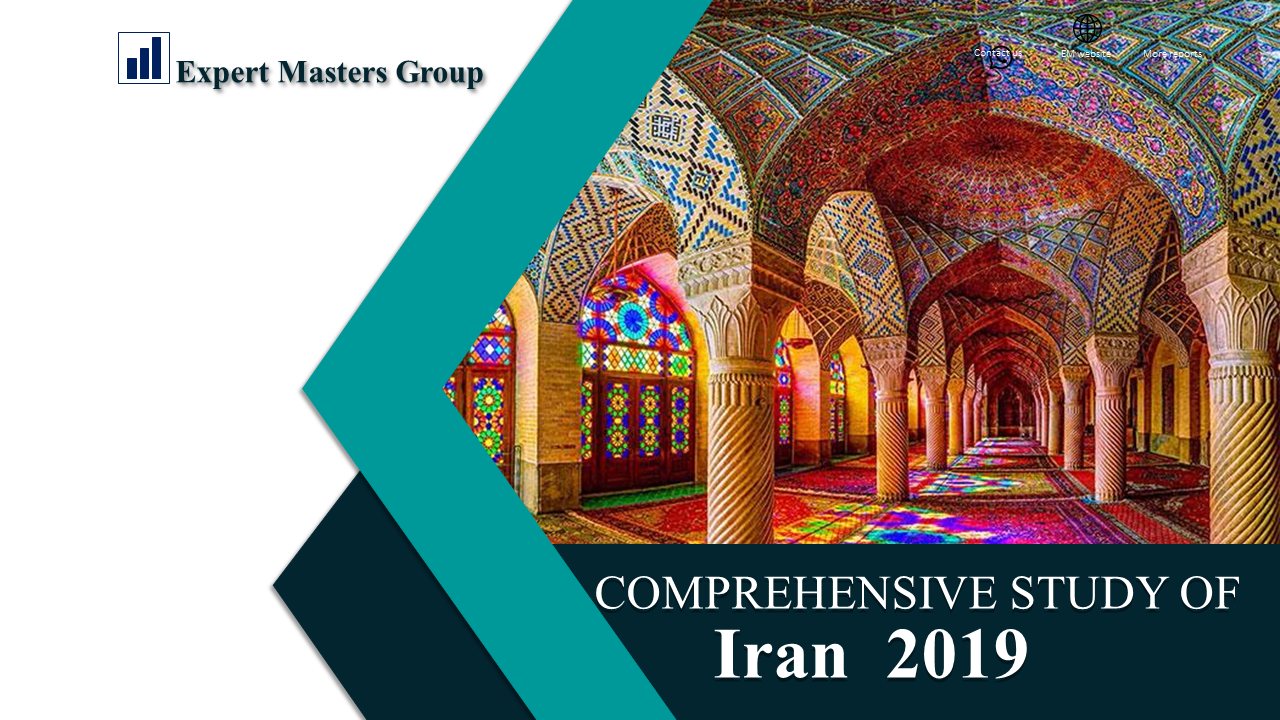
General Characteristics About Iran: Iran located in Southwest Asia and the Middle East. Iran is bound by the Gulf of Oman and the Persian Gulf to the south and the...
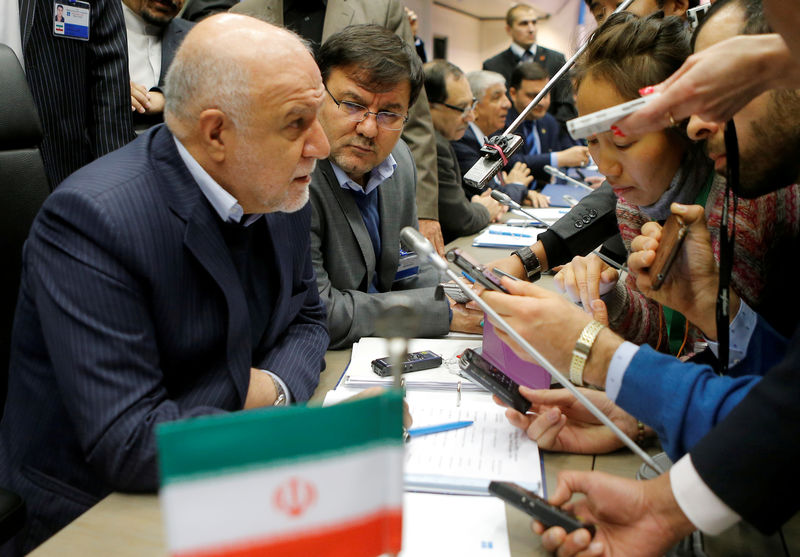
Petroleum Export: Oil stayed within sight of its 2019 high of almost $67 a barrel on Tuesday, supported by OPEC-led supply cuts although concern about slowing economic growth that would...
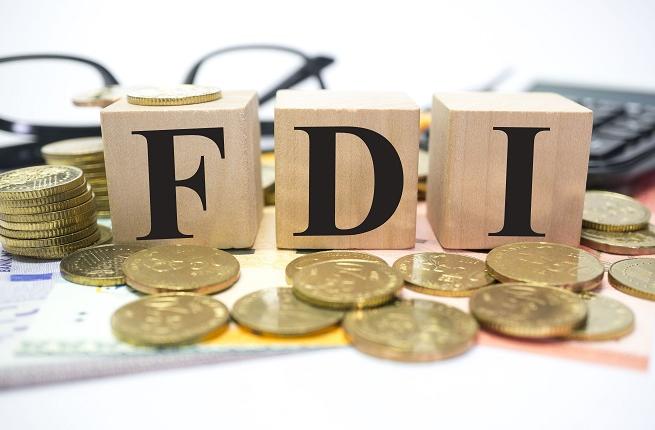
Recent report published by the Ministry of Industries, Mining and Trade shows coke and oil products are in the limelight when it comes to sectors of interest for investors. The...
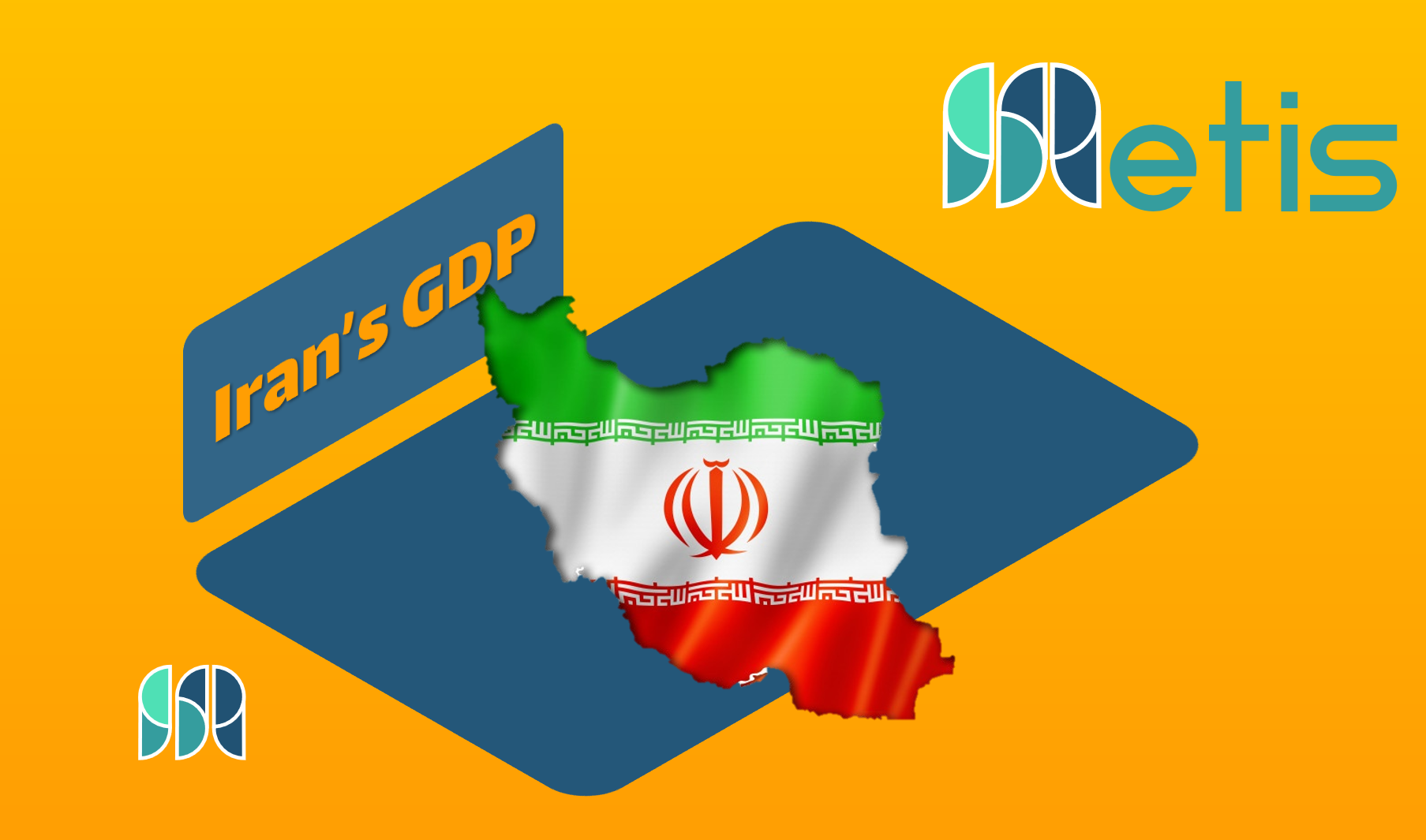
Iran's Economy structure: GDP, share of main sectors Iran's GDP and main economic sectors. Iran’s GDP for 2019 is estimated at US$440 billion, for a population of 83 million. We...
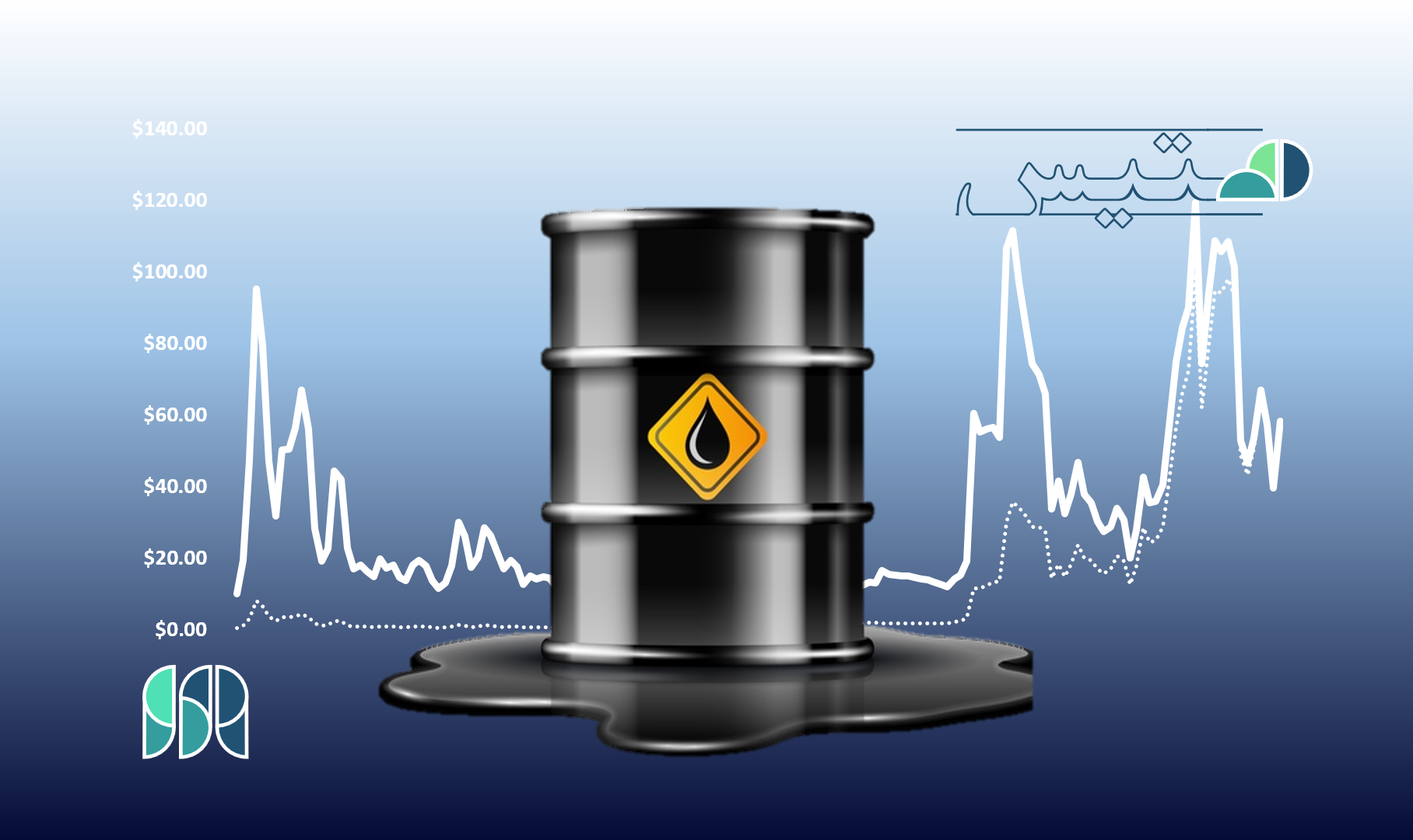
History of oil prices We know supply and demand forces can shape the oil prices chart, but two other strong factors affected oil prices. With a glance at the history...
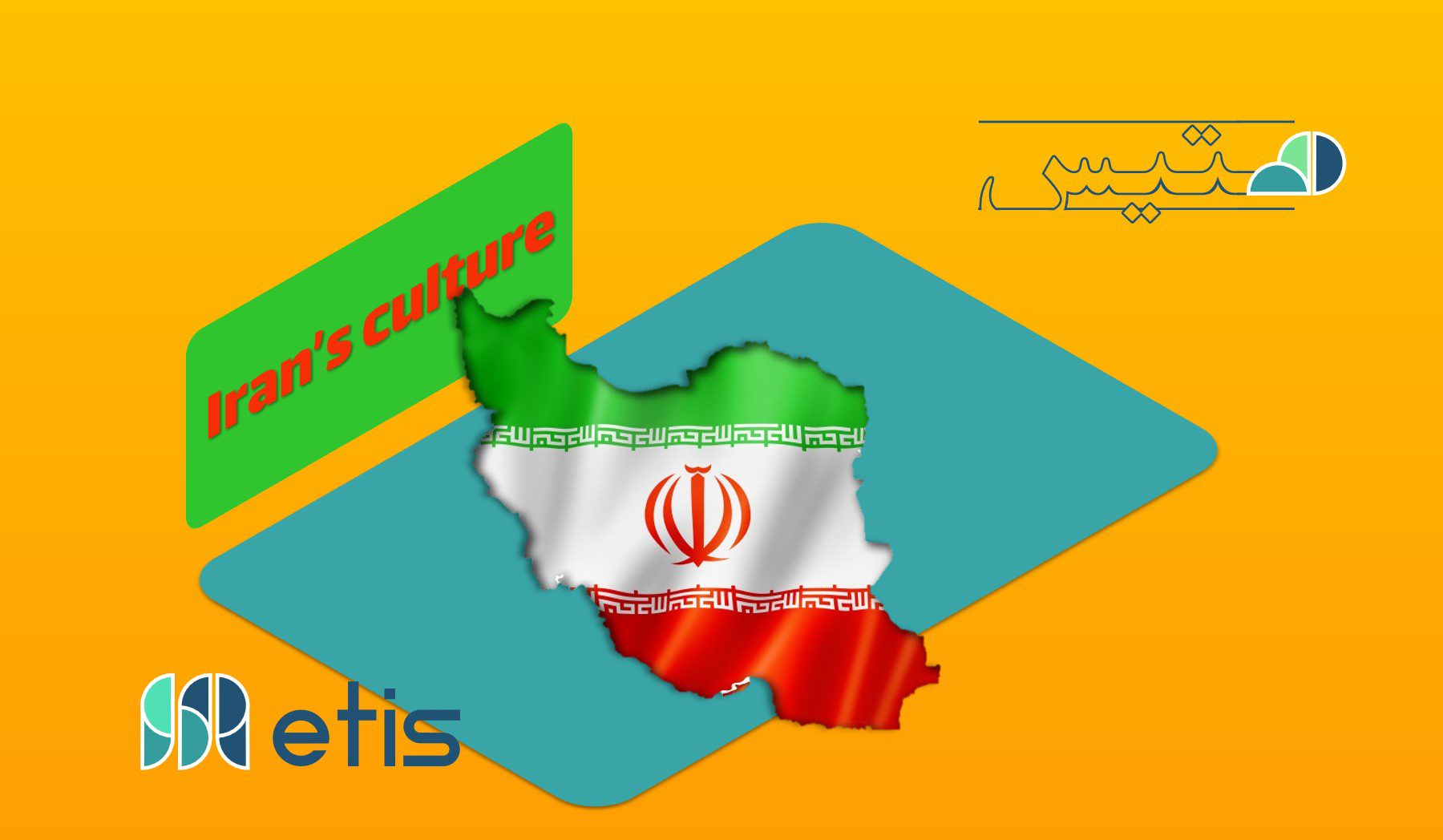
Iran's Culture: Every country has its own customs and traditions. Iran is no exception to this rule, habits, however small, that are passed down from generation to generation. Culture is...

The First Female Leader of WTO [caption id="attachment_1919" align="aligncenter" width="403"] Ngozi Okonjo-Iweala[/caption] Who is she? The First Female Leader of WTO: Okonjo-Iweala was born in Ogwashi-Ukwu, Delta State, Nigeria, where...

Iran's culture : Iran is a southwest Asia Country, neighboring Turkmenistan, Azerbaijan and Armenia on the north, Afghanistan and Pakistan on the east, and Turkey and Iraq on the west....
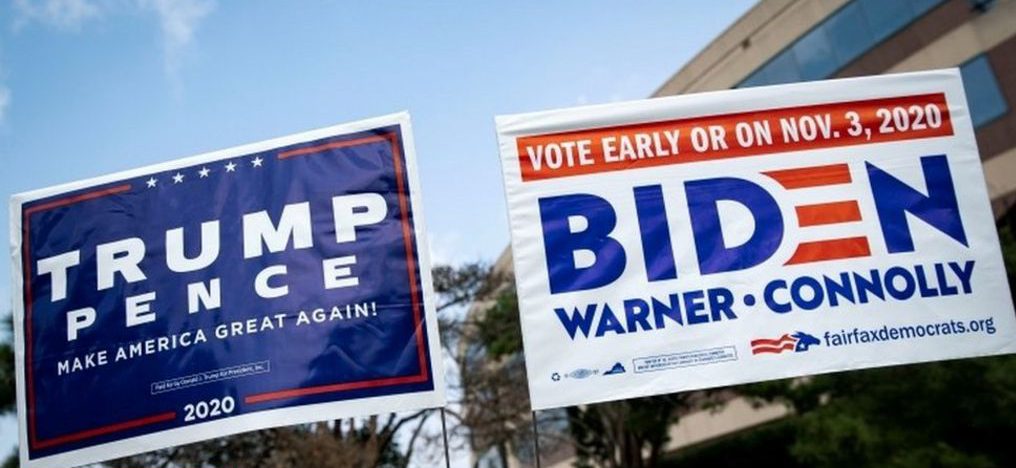
Iran's economy and US election 2020. Although polling is an inexact science, particularly in Iran, it still gives us a glimpse into Iranian opinion. According to a poll conducted by...

